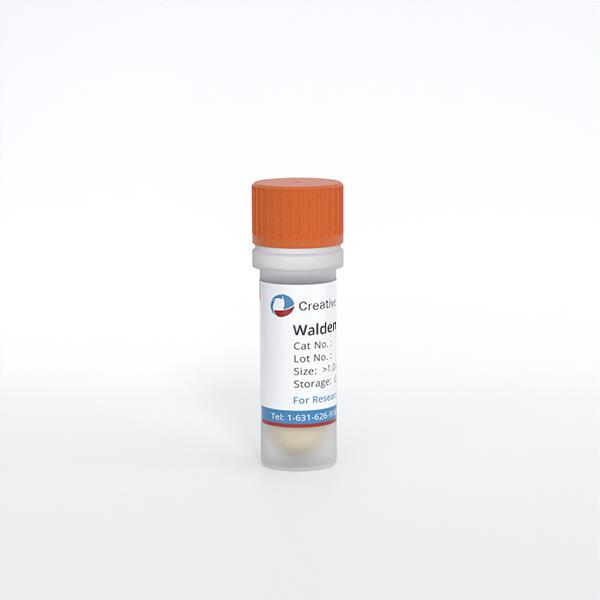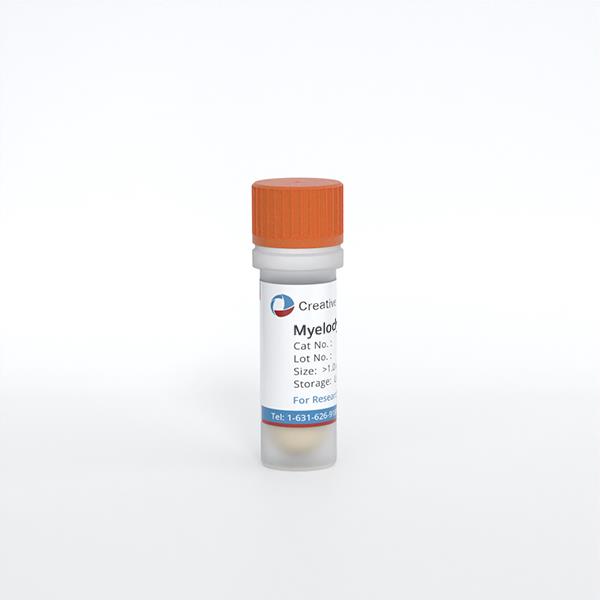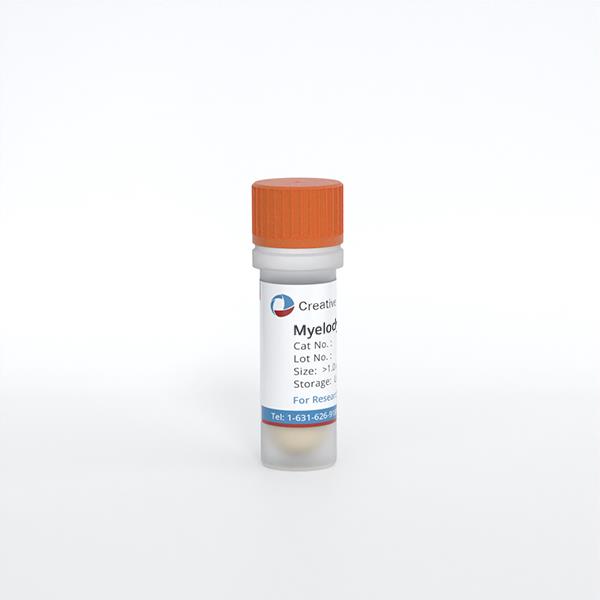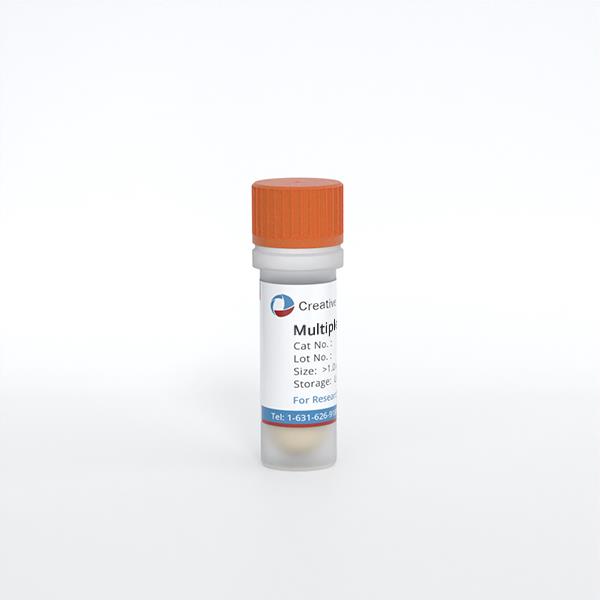ONLINE INQUIRY
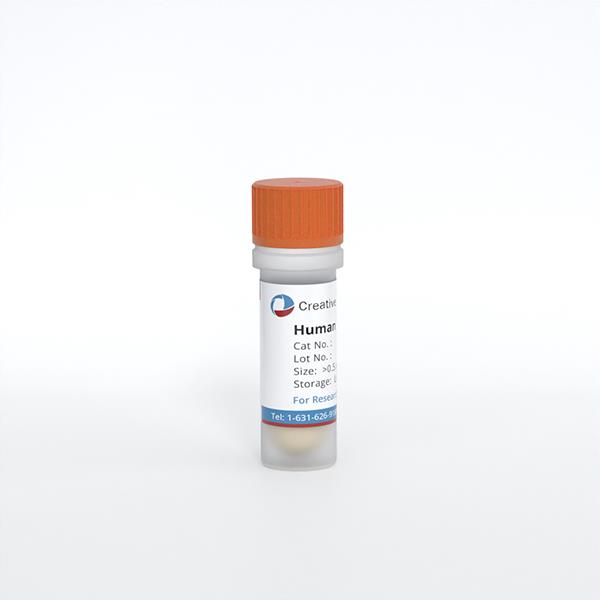
Human Bone Marrow CD133+ Cells
Cat.No.: CSC-C4574X
Species: Human
Source: Bone Marrow
Cell Type: CD133+ Cell
- Specification
- Q & A
- Customer Review
CD133 (prominin-1) is a member of the transmembrane glycoprotein family and was initially described as a specific marker to select human hematopoietic progenitor cells. Later it was recognised as an important marker to identify and isolate the specific cell subpopulation termed “cancer stem cells” (CSCs). Many studies showed that CD133+ cells have stemness properties such as self-renewal, differentiation ability, high proliferation and they are also able to form tumors in xenografts.
CD133+ cells are isolated using positive immunomagnetic cell separation from the bone marrow.
Our CD133+ cells have been tested to have a purity of over 90% as measured by flow cytometry with a monoclonal CD133 antibody.
Our CD133+ cells are cryopreserved directly after isolation. They haven’t been in culture before freezing.
No, the cells will proliferate and differentiate simultaneously upon being placed in culture. Varying the cytokine cocktail can influence the differentiation and proliferation of the cells.
The cells sink down to the bottom of the culture vessel but don’t really attach. They retain a roundish morphology and can be rinsed off with culture medium easily.
The cells will die. Hematopoietic progenitor cell expansion medium always must be supplemented with an appropriate cocktail of cytokines.
Ask a Question
Average Rating: 5.0 | 1 Scientist has reviewed this product
Good performance
Our group has purchased a number of cell products from Creative Bioarray, all of which have performed well.
01 Feb 2023
Ease of use
After sales services
Value for money
Write your own review
- You May Also Need

